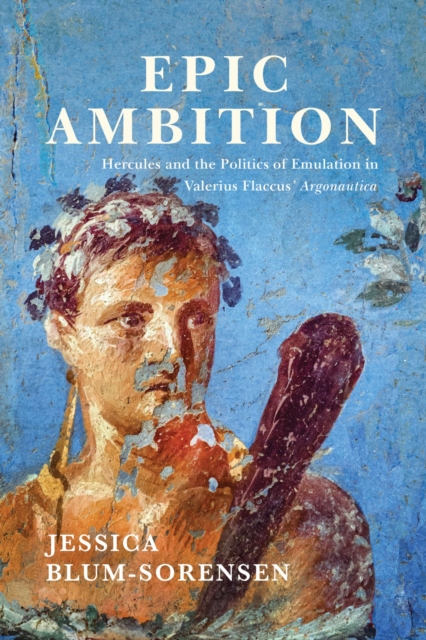By the time the Roman poet Valerius Flaccus wrote in the first century CE, the tale of Jason and his famous ship the Argo had been retold so often it was a byword for poetic banality. Why, then, did Valerius construct his epic
Argonautica? In this innovative analysis, Jessica Blum-Sorensen argues that it was precisely the myth's overplayed nature that appealed to Valerius, operating in and responding to a period of social and political upheaval. Seeking to comment obliquely on Roman reliance on mythic
exempla to guide action and expected outcomes, there was no better vessel for his social and political message than the familiar Argo.
Focusing especially on Hercules, Blum-Sorensen explores how Valerius' characters-and, by extension, their Roman audience-misinterpret exemplars of past achievement, or apply them to sad effect in changed circumstances. By reading such models as normative guides to epic triumph, Valerius' Argonauts find themselves enacting tragic outcomes: effectively, the characters impose their nostalgic longing for epic triumph on the events before them, even as Valerius and his audience anticipate the tragedy awaiting his heroes. Valerius thus questions Rome's reliance on the past as a guide to the present, allowing for doubt about the empire's success under the new Flavian regime. It is the literary tradition's exchange between triumphant epic and tragedy that makes the Argo's voyage a perfect vehicle for Valerius' exploration: the tensions between genres both raise and prohibit resolution of anxieties about how the new age-mythological or real-will turn out.











